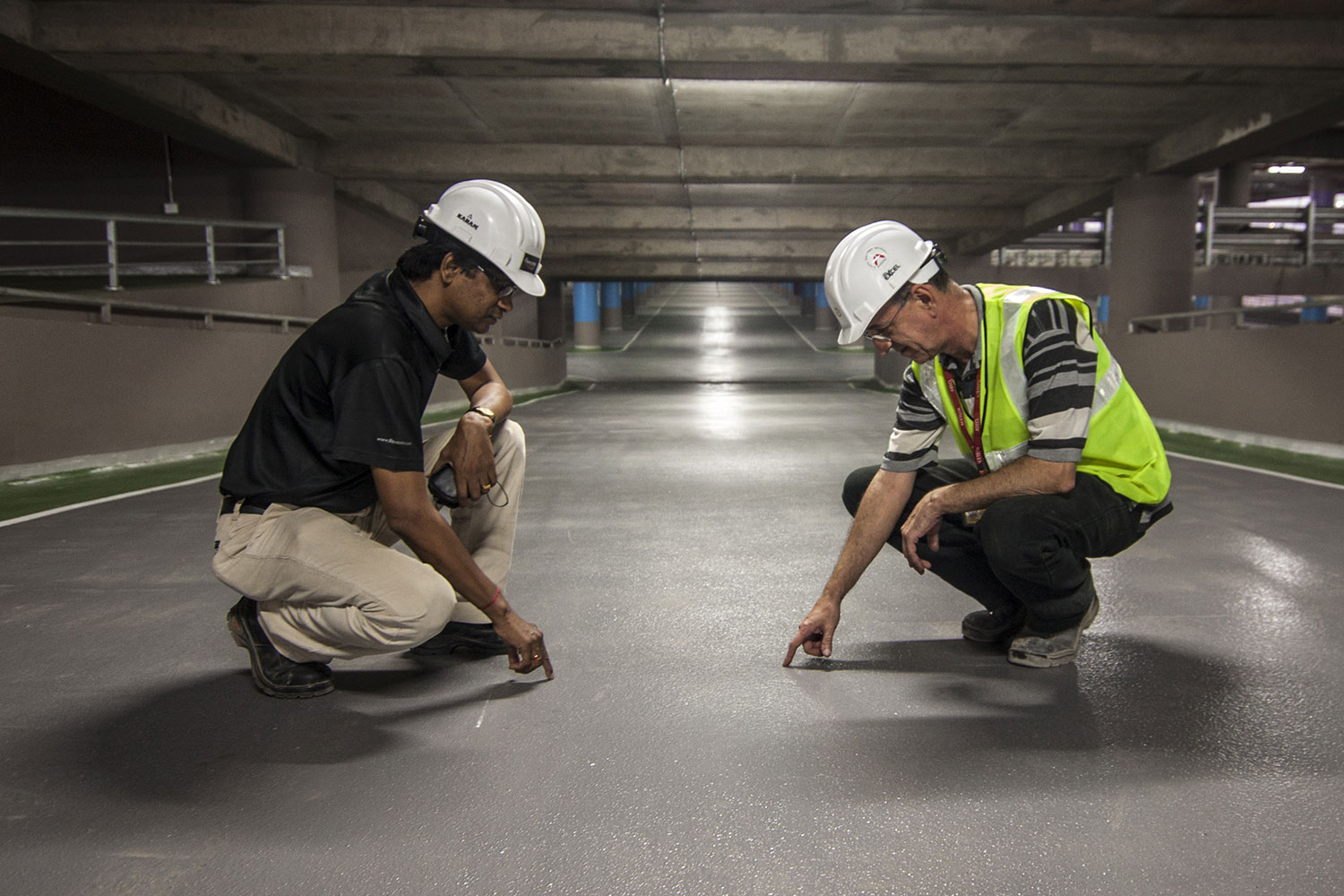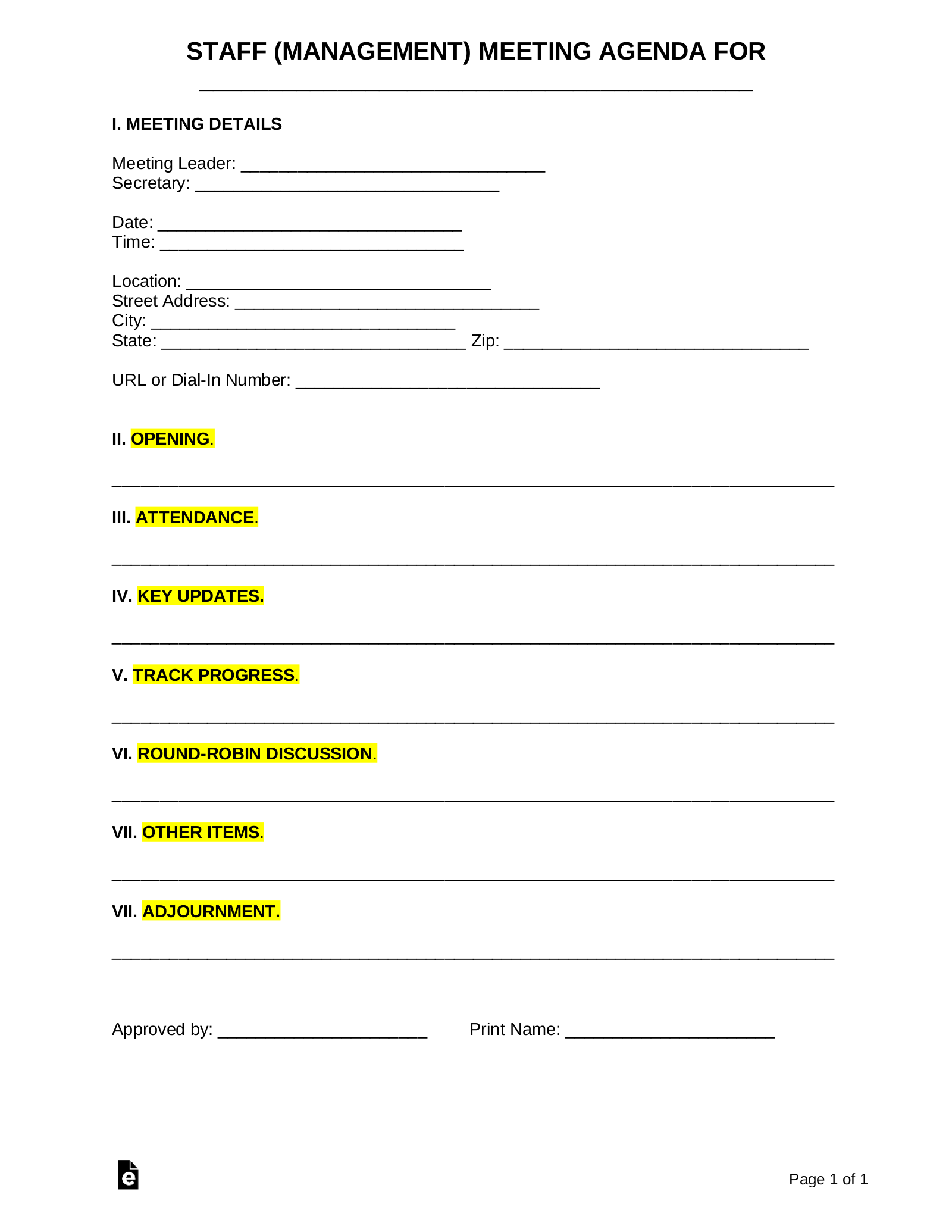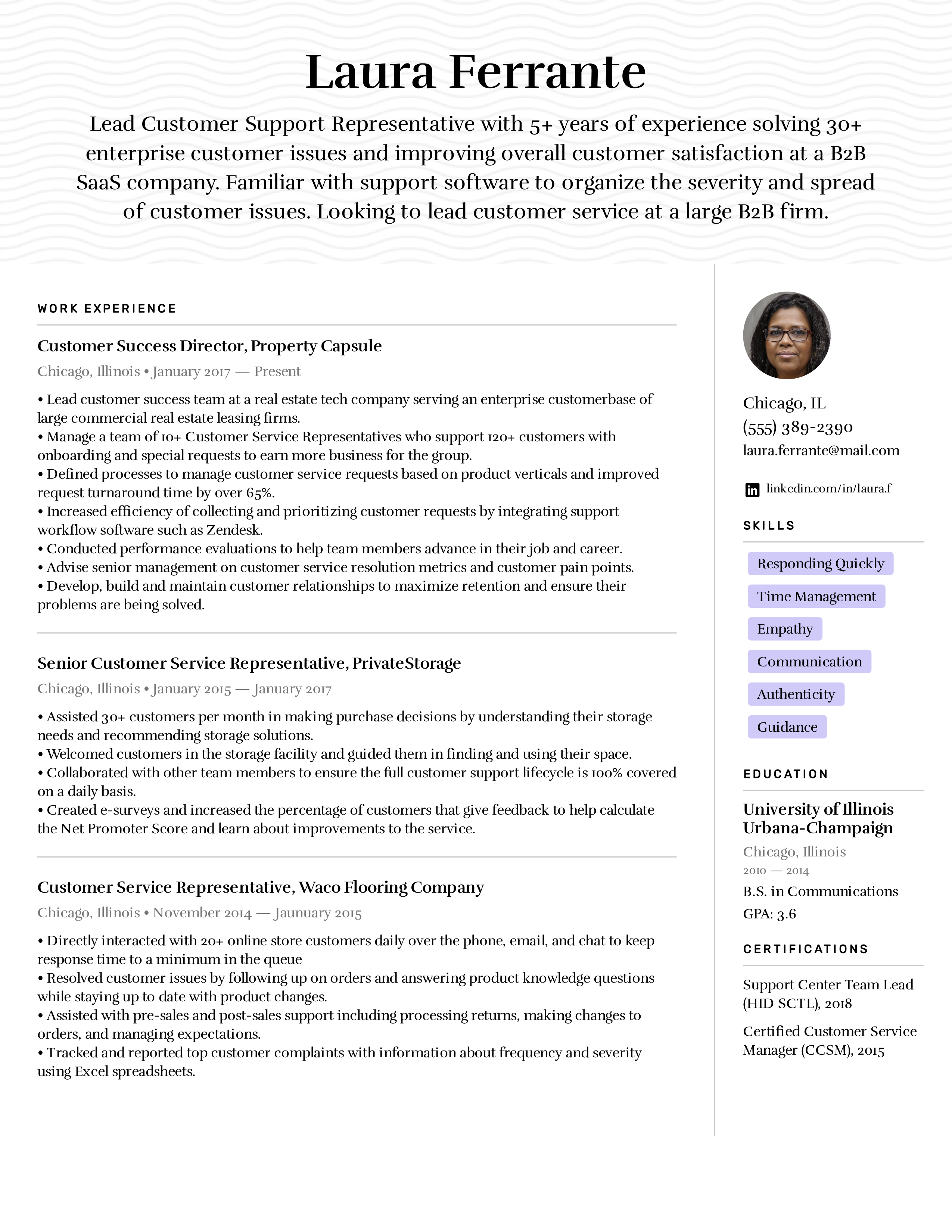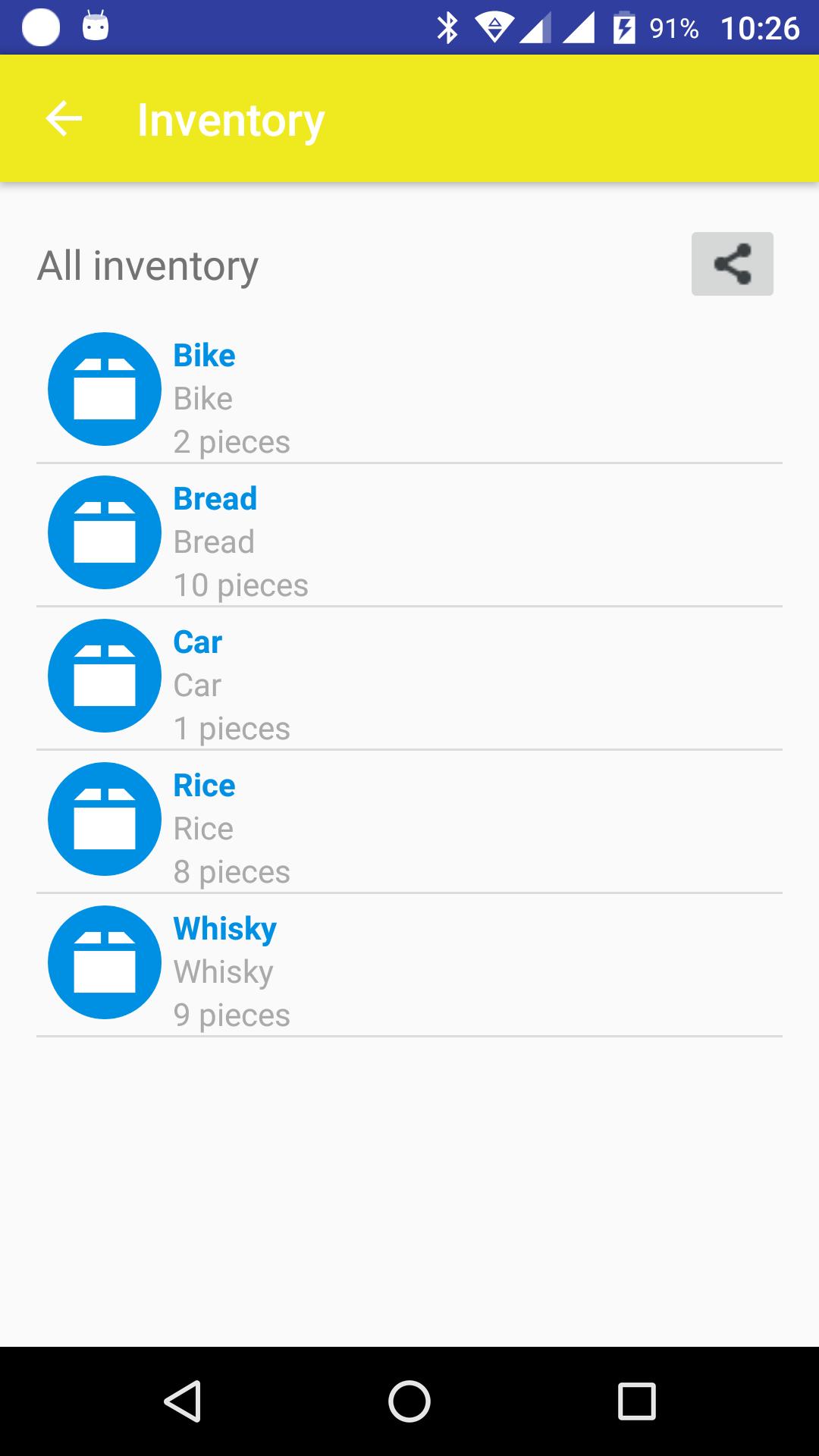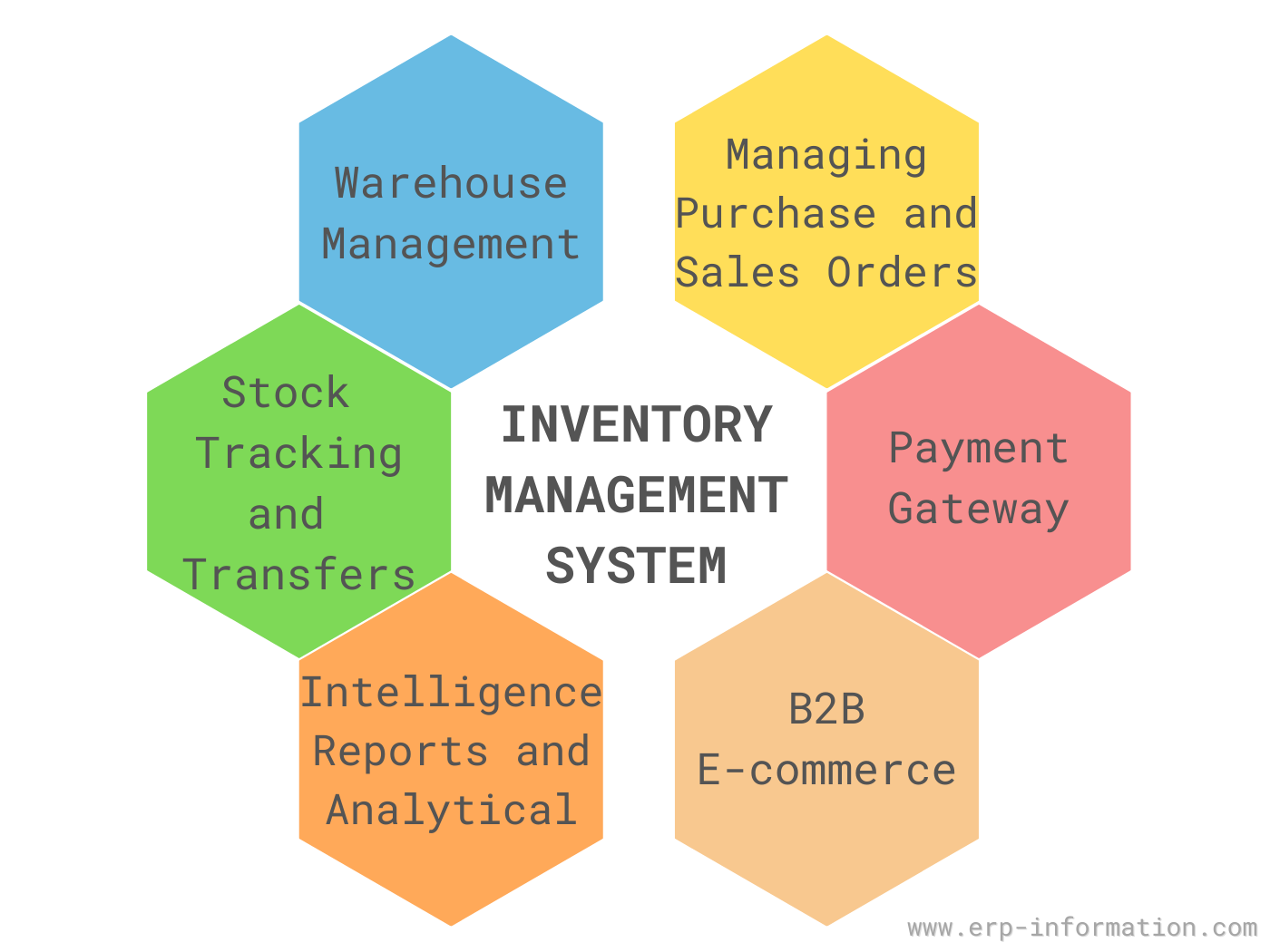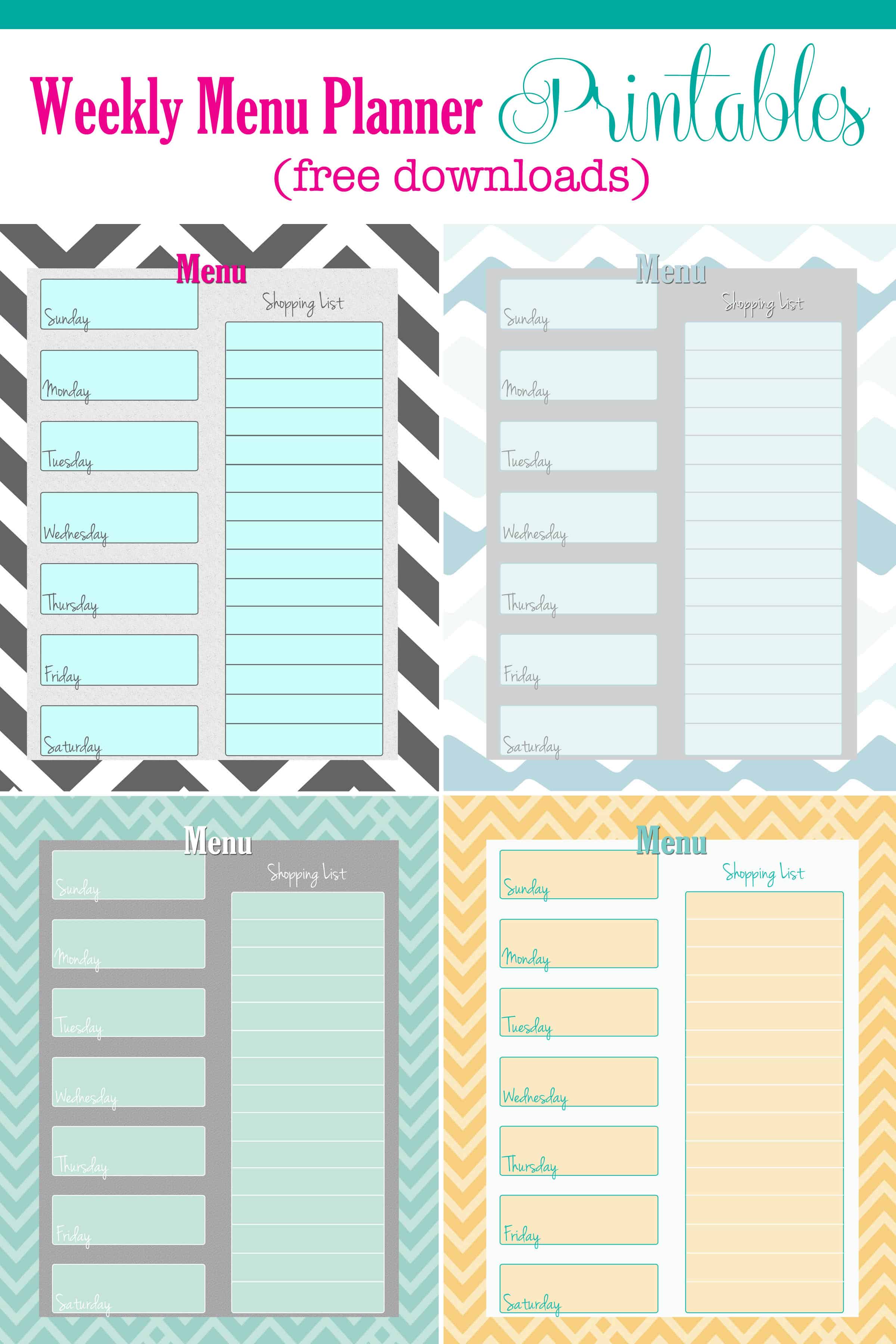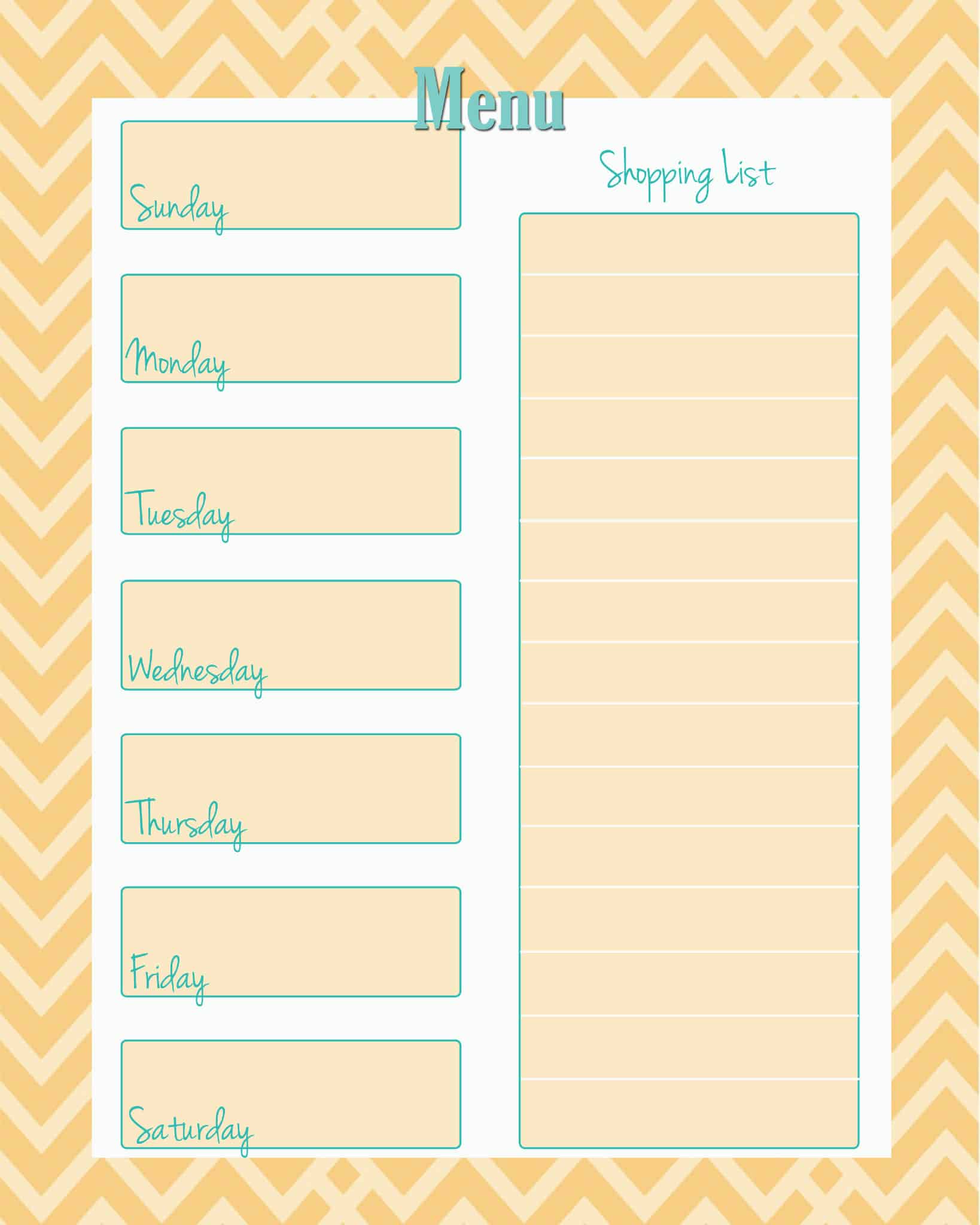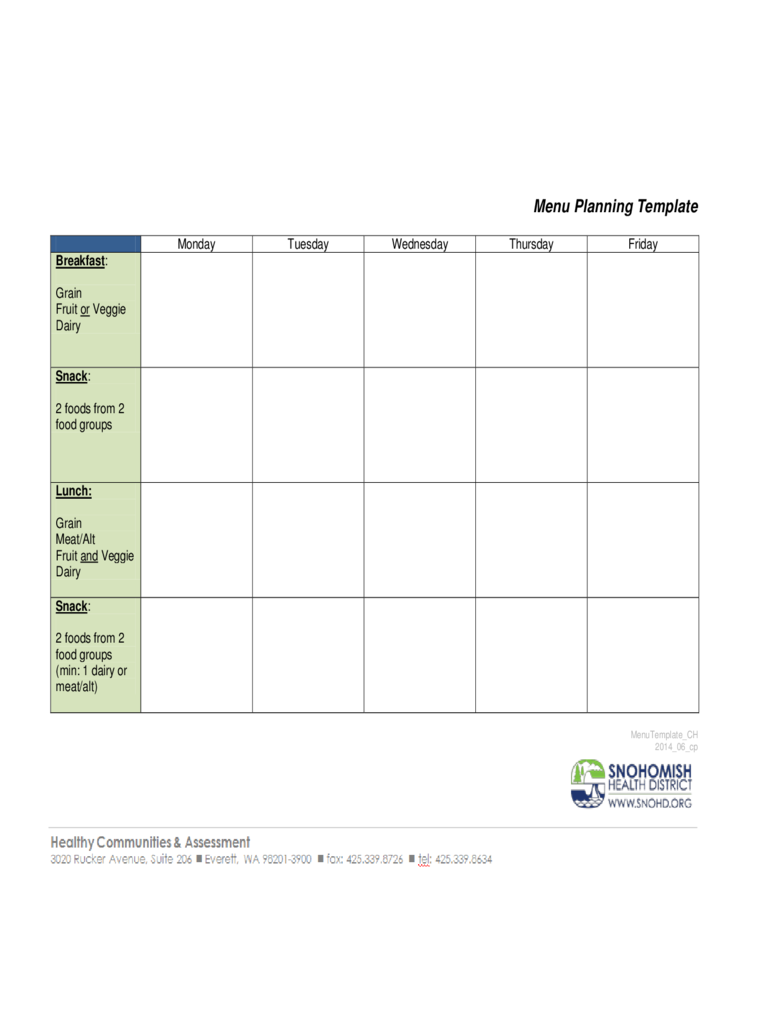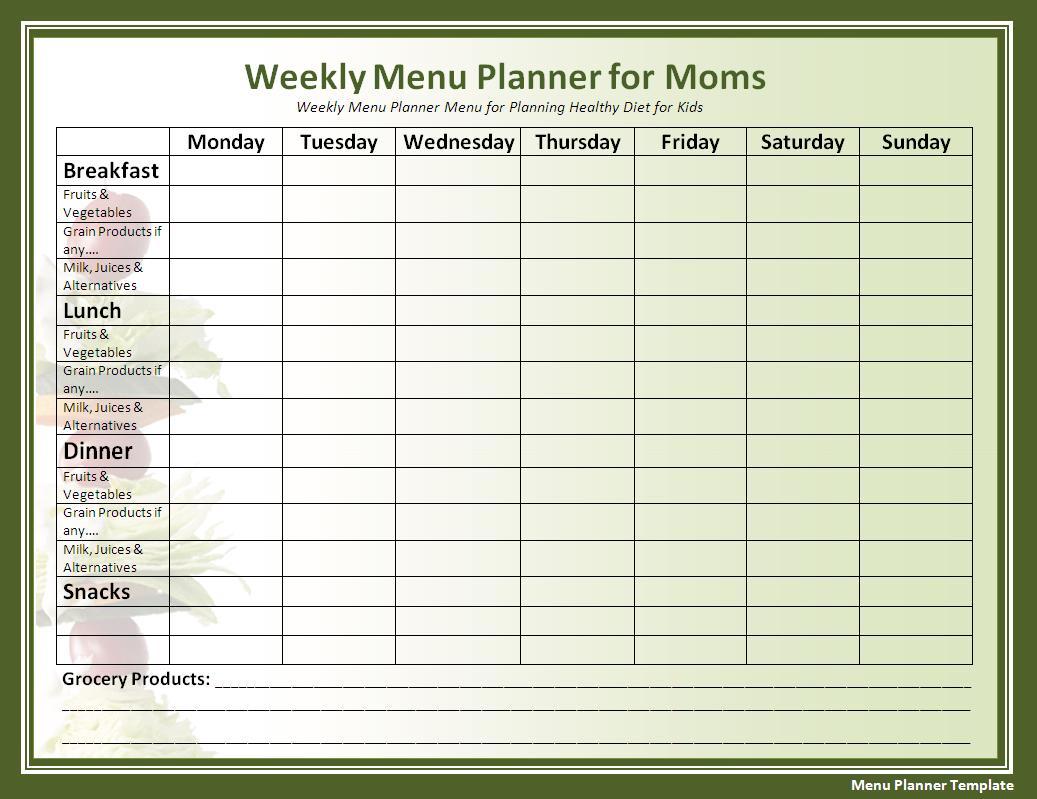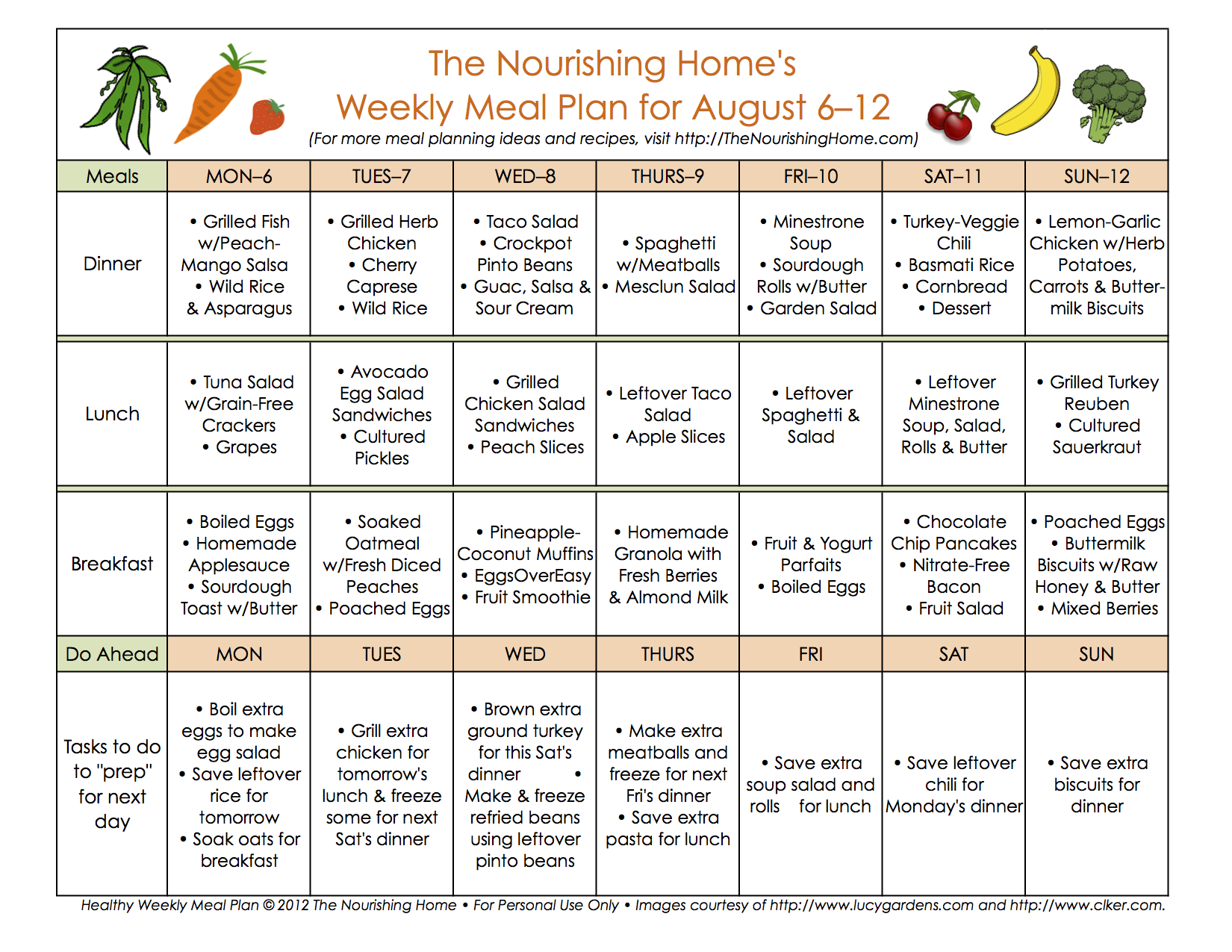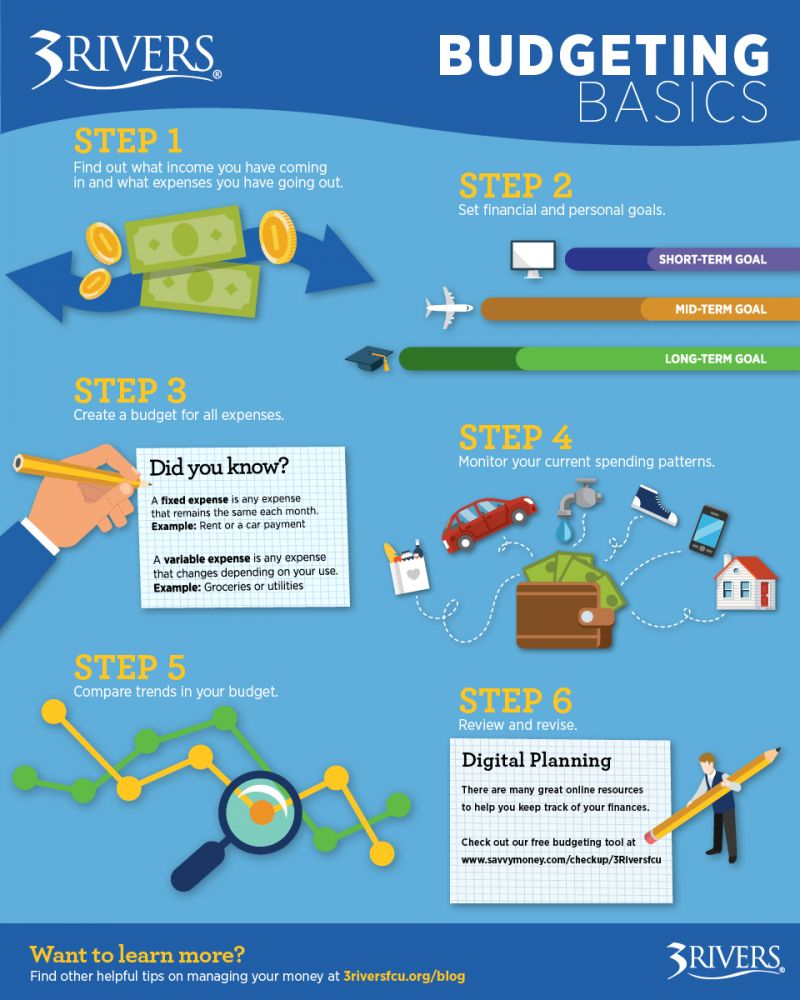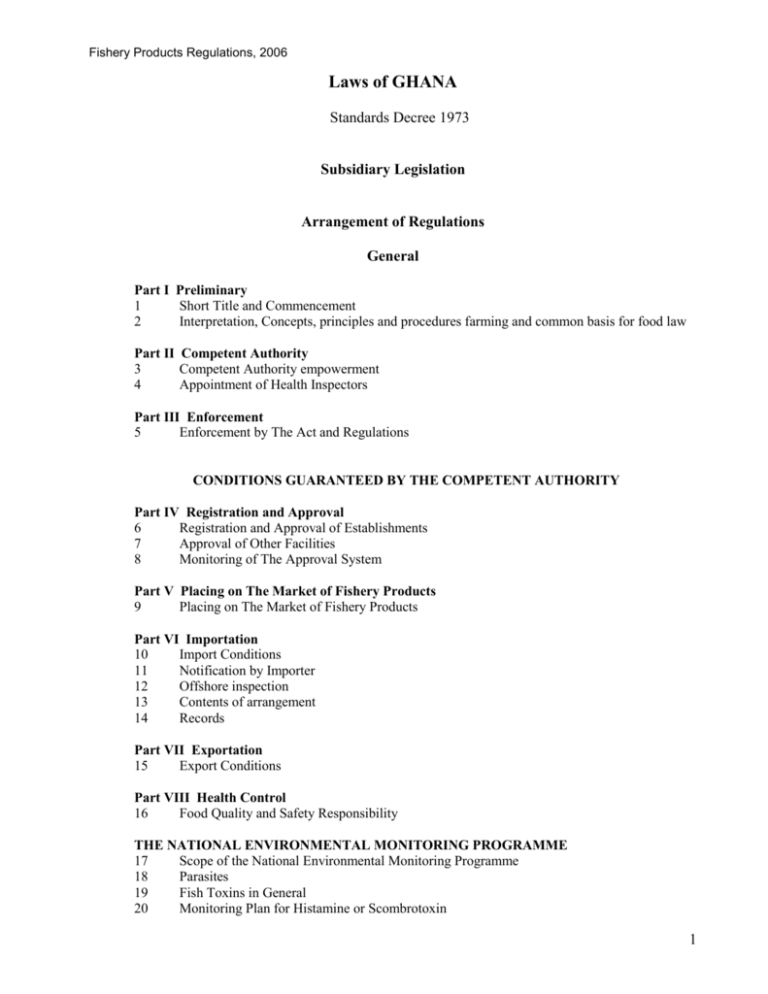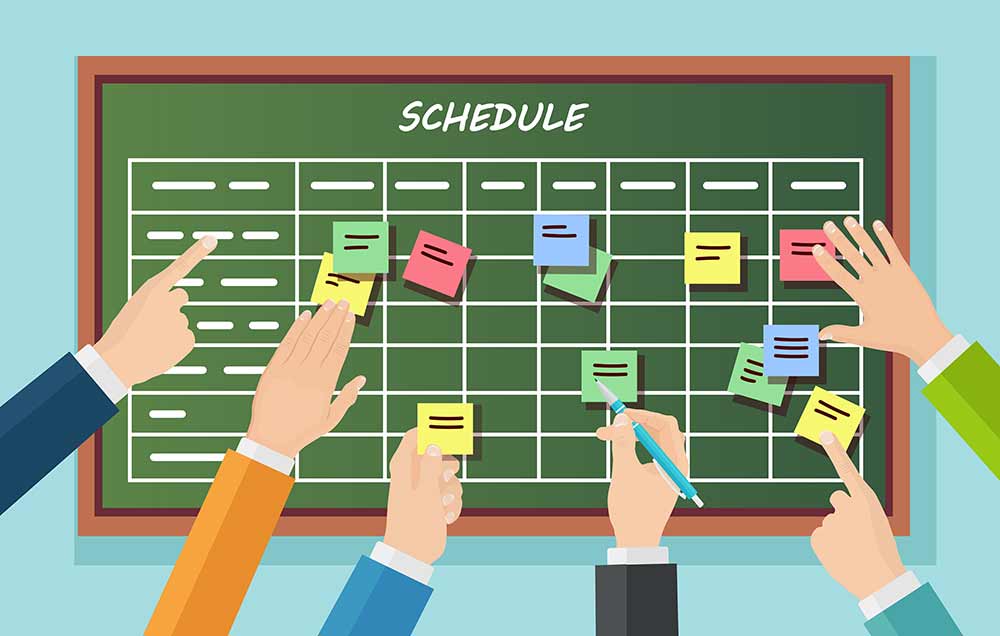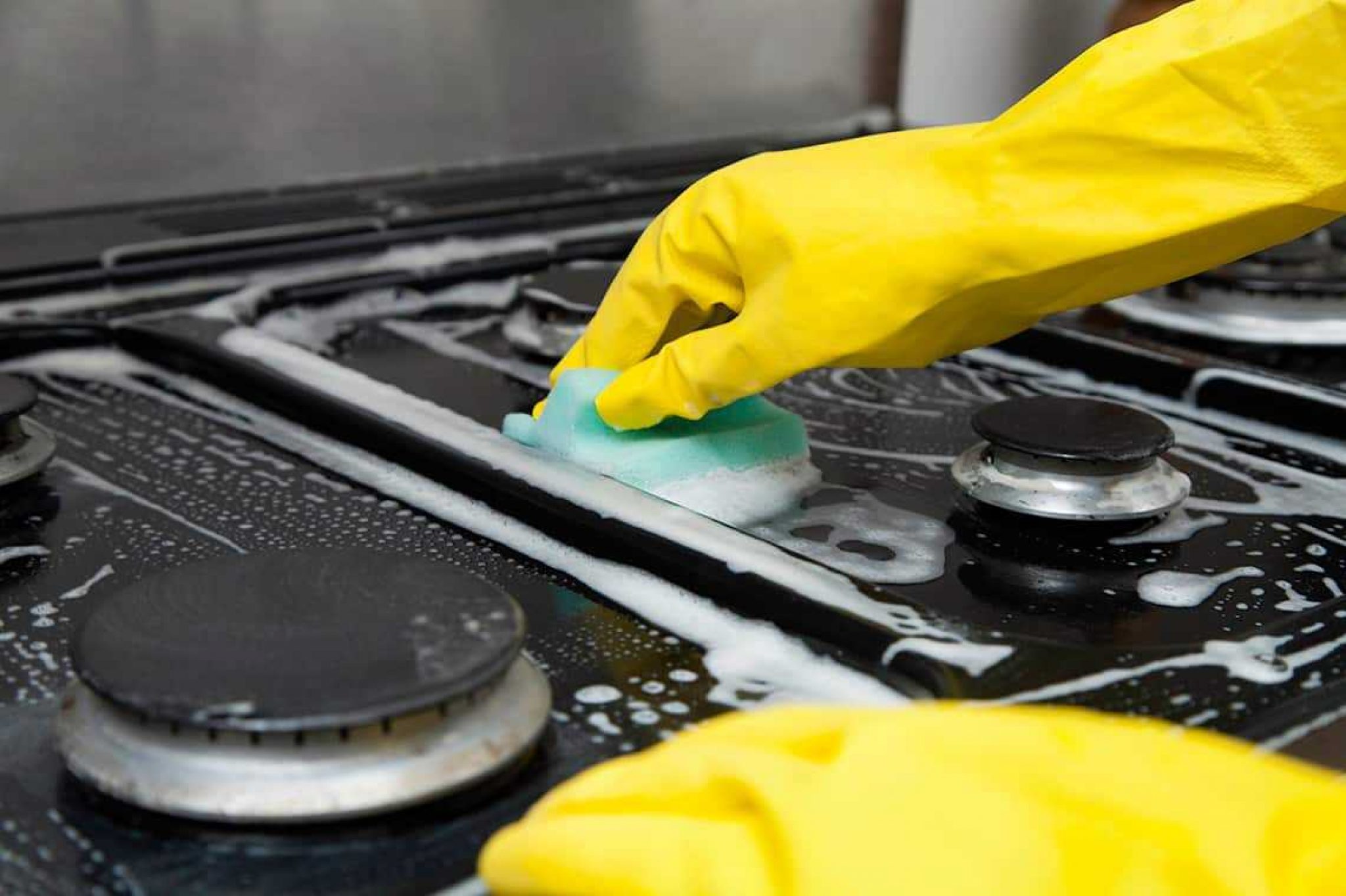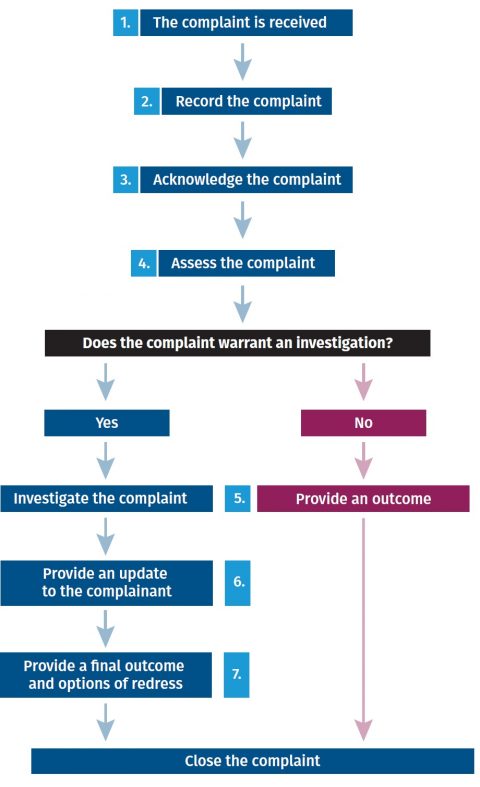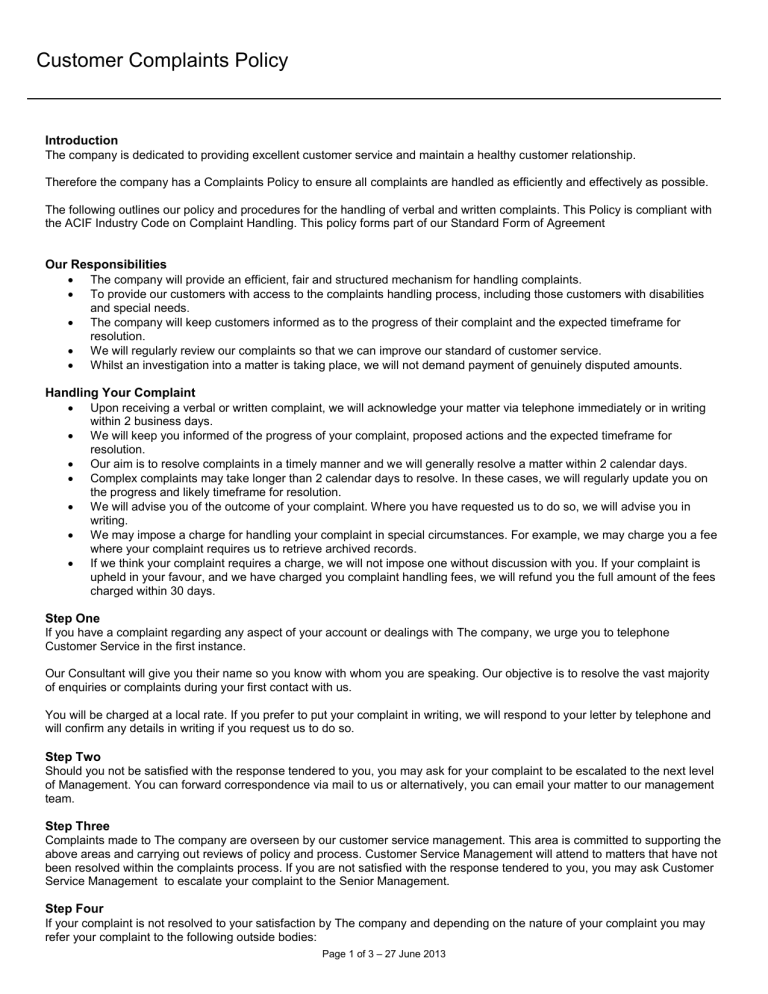Supervising
The primary duty of a dining room manager is to supervise the overall operations of the dining room. This includes overseeing the staff, maintaining cleanliness and sanitation standards, and ensuring that the customers are satisfied with their dining experience. A dining room manager must possess strong leadership skills to effectively manage their team and ensure that all tasks are being completed efficiently.
Staff Management
A dining room manager is responsible for managing the staff in the dining room. This includes hiring, training, and scheduling employees. They must also ensure that the staff is following all policies and procedures and provide constructive feedback for improvement. A good dining room manager knows how to motivate their team and create a positive work environment.
Customer Service
Providing excellent customer service is crucial for a dining room manager. They must ensure that all customers are greeted and served in a friendly, efficient manner. If any issues or complaints arise, the dining room manager must handle them promptly and find a satisfactory resolution. A satisfied customer is more likely to return and recommend the restaurant to others.
Inventory Management
Another important duty of a dining room manager is to manage inventory. This includes ordering and tracking supplies, as well as monitoring food and beverage costs. They must also ensure that the inventory is properly stored and rotated to avoid waste and maintain quality. A dining room manager must have strong organizational skills to effectively manage inventory.
Menu Planning
Menu planning is a crucial aspect of a dining room manager's role. They must work with the chef to develop an appealing and profitable menu. This includes selecting dishes, pricing them appropriately, and ensuring that the menu is regularly updated to keep customers interested. A dining room manager must also consider dietary restrictions and special requests from customers when planning the menu.
Budget Management
A dining room manager is responsible for managing the budget for the dining room. This includes monitoring expenses, controlling costs, and finding ways to increase revenue. They must also be able to analyze financial data and make decisions that will benefit the restaurant's bottom line. A good dining room manager knows how to balance quality and cost to ensure the restaurant's profitability.
Training and Development
As a leader, a dining room manager must also be responsible for the training and development of their staff. This includes providing ongoing training to ensure that all employees are knowledgeable about the menu, service standards, and any new procedures. A good dining room manager also identifies areas for improvement and provides opportunities for their staff to grow and advance within the restaurant.
Scheduling
The dining room manager is in charge of creating and managing the staff schedule. They must ensure that there is adequate coverage during peak hours and that all shifts are properly staffed. They must also consider staff availability and any time-off requests when creating the schedule. A dining room manager must be able to handle scheduling conflicts and make adjustments as needed to ensure a smooth operation.
Maintaining Cleanliness and Sanitation Standards
A clean and sanitary dining room is essential for a successful restaurant. A dining room manager must ensure that all areas of the dining room are clean and well-maintained, including tables, floors, and restrooms. They must also ensure that all staff are following proper hygiene and sanitation procedures to prevent foodborne illnesses. A dining room manager must have a keen eye for detail to maintain high cleanliness and sanitation standards.
Handling Complaints and Resolving Issues
Even with the best service and food, issues and complaints may still arise in the dining room. A dining room manager must handle these situations calmly and professionally. They must listen to the customer's concerns, apologize if necessary, and find a solution to resolve the issue. This may involve offering a discount or complimentary item, or simply providing exceptional service to make up for any shortcomings. A good dining room manager knows how to turn a negative experience into a positive one for the customer.
Duties of a Dining Room Manager: Ensuring Customer Satisfaction and Efficient Operations
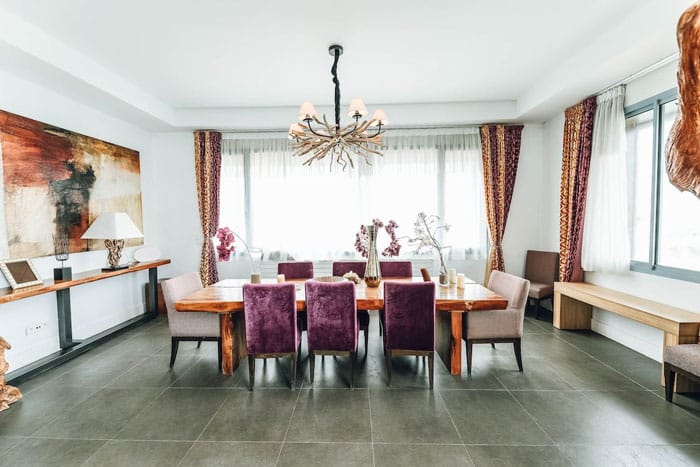
The Role of a Dining Room Manager
 As the title suggests, a dining room manager is responsible for overseeing the operations and staff of a dining room in a restaurant or hotel. This position requires strong leadership skills, excellent communication, and a keen eye for detail. The main goal of a dining room manager is to ensure that customers have an exceptional dining experience and that the restaurant runs smoothly and efficiently.
As the title suggests, a dining room manager is responsible for overseeing the operations and staff of a dining room in a restaurant or hotel. This position requires strong leadership skills, excellent communication, and a keen eye for detail. The main goal of a dining room manager is to ensure that customers have an exceptional dining experience and that the restaurant runs smoothly and efficiently.
Customer Satisfaction is Key
 One of the primary duties of a dining room manager is to ensure customer satisfaction. This means providing a welcoming and hospitable environment for guests, addressing any issues or concerns promptly, and ensuring that the food and service meet high standards. A dining room manager must have a deep understanding of customer needs and preferences, and be able to anticipate and cater to them.
One of the primary duties of a dining room manager is to ensure customer satisfaction. This means providing a welcoming and hospitable environment for guests, addressing any issues or concerns promptly, and ensuring that the food and service meet high standards. A dining room manager must have a deep understanding of customer needs and preferences, and be able to anticipate and cater to them.
Managing Staff
 A dining room manager is also responsible for managing the staff of the dining room. This includes hiring, training, and scheduling employees, as well as overseeing their performance and providing feedback. A good manager knows how to motivate and support their team to ensure they are providing excellent service to customers and working efficiently.
A dining room manager is also responsible for managing the staff of the dining room. This includes hiring, training, and scheduling employees, as well as overseeing their performance and providing feedback. A good manager knows how to motivate and support their team to ensure they are providing excellent service to customers and working efficiently.
Ensuring Efficient Operations
 In addition to customer satisfaction and staff management, a dining room manager must also maintain efficient operations of the restaurant. This includes monitoring inventory levels, ordering supplies, and managing budgets. They must also ensure that all health and safety regulations are being followed and that the dining room is clean and well-maintained at all times.
In addition to customer satisfaction and staff management, a dining room manager must also maintain efficient operations of the restaurant. This includes monitoring inventory levels, ordering supplies, and managing budgets. They must also ensure that all health and safety regulations are being followed and that the dining room is clean and well-maintained at all times.
Flexibility and Adaptability
 Being a dining room manager requires a high level of adaptability and flexibility. They must be able to handle unexpected situations, such as a sudden rush of customers or a staff shortage, and still maintain the smooth running of the restaurant. A good manager must also be able to quickly come up with solutions to any issues that may arise.
In Conclusion
A dining room manager plays a crucial role in the success of a restaurant or hotel. They are responsible for ensuring customer satisfaction, managing staff, and maintaining efficient operations. With their strong leadership skills and attention to detail, a dining room manager helps to create a positive and memorable dining experience for guests.
Being a dining room manager requires a high level of adaptability and flexibility. They must be able to handle unexpected situations, such as a sudden rush of customers or a staff shortage, and still maintain the smooth running of the restaurant. A good manager must also be able to quickly come up with solutions to any issues that may arise.
In Conclusion
A dining room manager plays a crucial role in the success of a restaurant or hotel. They are responsible for ensuring customer satisfaction, managing staff, and maintaining efficient operations. With their strong leadership skills and attention to detail, a dining room manager helps to create a positive and memorable dining experience for guests.









